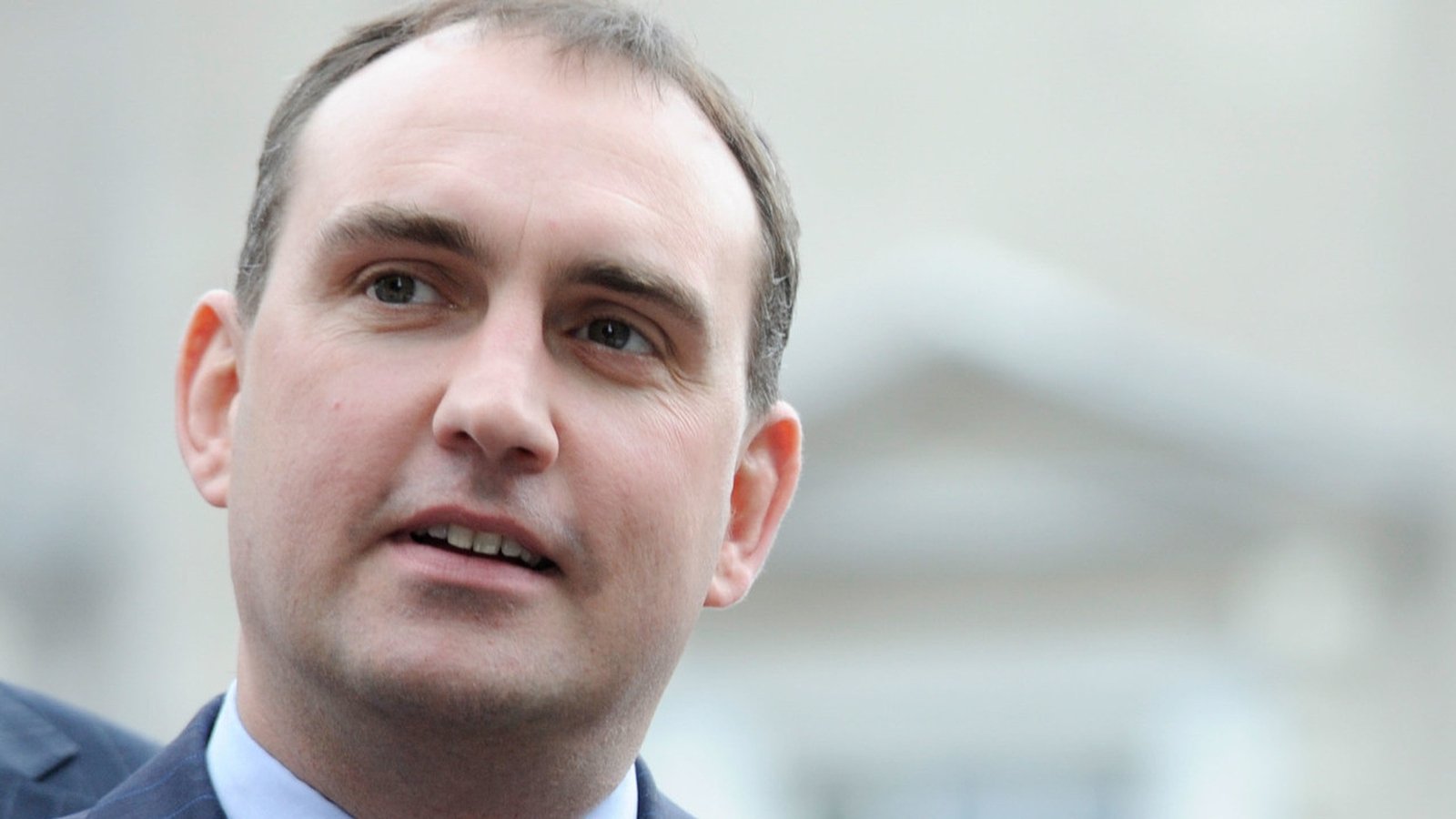Job cuts, the rise of AI and record data fines

We were just a few days into 2023 when it became clear that the tech job cuts that began in late 2022 would continue for months to come. Also continuing into the new year were record data fines against tech giants.
The launch of ChatGPT at the end of 2022 brought massive leaps in the development of Artificial Intelligence in the year that followed.
Twitter was renamed X and with its new identity came a fresh barrage of criticism and a boycott by advertisers.
Ireland got a new online regulator with the launch of Coimisiún na Meán and it was kept very busy in its first months amid a rise in the spread of disinformation.
Tech job cuts
In January, Google’s parent Alphabet announced plans to cut around 12,000 jobs, or 6% of its global workforce. It resulted in 240 layoffs from its Irish-based workforce.
Another tech giant, Microsoft, announced 120 Irish-based job cuts in February, a further 60 redundancies in March and in July warned that additional job cuts would result in up to 70 redundancies at its Irish operation.
In May, Facebook parent company Meta announced 490 job cuts at its Irish operation. It brought to 840 the number of Irish layoffs in less than a year following a previous round of redundancies in November that resulted in 350 job losses.
It reduced Meta’s Irish-based headcount to just over 2,000 but despite the downsizing, the company pressed ahead with plans to move to a new international headquarters in Ballsbridge in Dublin.
Another firm that opened a new building in 2023 was Intel which officially unveiled a state-of-the-art manufacturing facility at its base in Leixlip, Co Kildare.
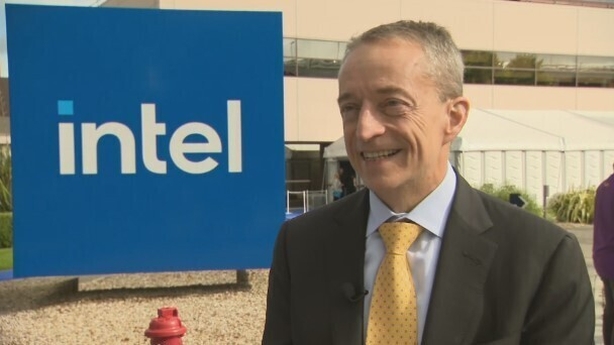
“Fab 34” is part of a €17 billion investment which doubled Intel’s manufacturing space in Ireland.
When production is fully ramped up, the company will employ 6,500 people in Ireland.
Intel was not immune from the cuts impacting the tech sector over the last year, including at its Irish operation, where there have been around 130 redundancies and pay cuts for senior staff.
Job cuts were also announced at tech companies such as Stripe, Amazon, Salesforce, PayPal, HubSpot and Dell.
The redundancies may have continued in 2023 but many IT firms also saw their profits rise throughout the year. Share prices have climbed too, with investors hoping to back the tech company that will deliver the next big leap in artificial intelligence (AI).
Artificial Intelligence
The AI race reached fever pitch in 2023 but the starting pistol was fired in late 2022 with the launch of ChatGPT.
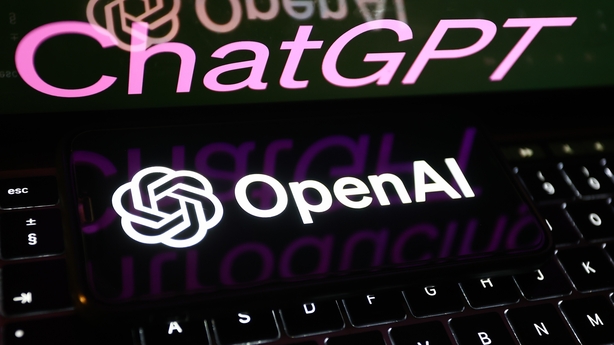
The online chatbot took the internet by storm with its ability to provide fast, human-like responses to questions and requests to write essays, scripts, poetry and even jokes.
In the weeks after its launch, ChatGPT became the fastest-growing consumer application in history reaching 100 million monthly active users by January 2023. Just a few months later, in May, it hit 1.8 billion monthly visits.
Tech firms quickly moved to incorporate the technology into their systems and to develop their own versions. In February, Google unveiled its rival chatbot Bard.
Microsoft invested billions of dollars in OpenAI and incorporated ChatGPT into its Bing search engine.
In July, Facebook and Instagram parent company Meta announced the launch of Llama 2, its open source large language model.
In November, Elon Musk unveiled “Grok”, a ChatGPT rival with a “rebellious streak” according to the tech billionaire.
The company behind ChatGPT, OpenAI, admits that the technology is not perfect and that it can give incorrect answers, known as “hallucinations”. It is also not free from biases and stereotypes.
In the weeks following the launch of ChatGPT, there were fears that it would become “CheatGPT” and would be used by students to write their essays and assignments for them.
The academic world responded however with many teachers and lecturers incorporating generative AI into their students’ project work, rather than trying to ban it. Some schools and colleges saw a return to more traditional assessment methods such as interviews and written exams.
AI tools were also developed to try to spot text that had been generated by a chatbot.
One year after its launch, it was clear that ChatGPT had been embraced by Irish workers with a study by Deloitte showing that more than 300,000 people in Ireland have used AI at work.
Research from Workhuman revealed that Irish workers are using AI tools to help them ask for promotions and raises, and to write their resignation letters.
In November, there was trouble at OpenAI when the board of the company fired CEO and co-founder Sam Altman in a move that sent shockwaves through the tech world.
The board gave few details as to why he was sacked but said it had “lost confidence” in his leadership, accusing him of not being “consistently candid in his communications”.
Staff threatened mass resignations unless he was reinstated and Mr Altman was also supported by OpenAI’s financial backer Microsoft.
Days later, in another twist, it was announced that Sam Altman would be returning to the role of CEO and that there would be a partial restructuring of the board that dismissed him.
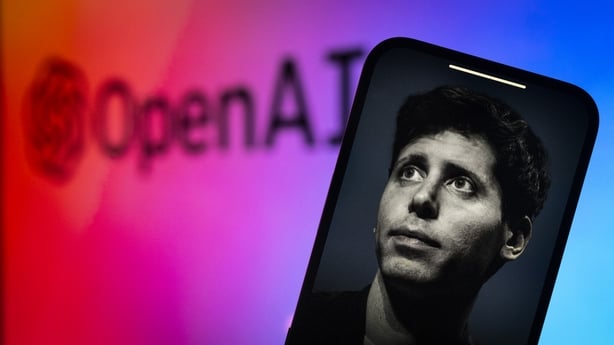
It was major corporate drama from the company that had delivered dramatic leaps in the advancement of AI.
Online safety and the rise of disinformation
2023 saw the launch of a new media regulator, Coimisiún na Meán, which is tasked with policing online platforms.
Ireland’s new Online Safety Commissioner is currently finalising an online safety code which could see social media companies hit with fines of up to €20m if they fail to remove harmful content.
The code will run alongside a set of new EU online safety rules called the Digital Services Act. Ireland will play a leading role in enforcing that law because so many of the big tech firms have their European headquarters here.
Within months of its establishment, Coimisiún na Meán was kept busy amid a rise in disinformation.
The regulator engaged with the major platforms in the aftermath of November’s stabbing attack and subsequent riot in Dublin.
The Government expressed concerns about the response of social media companies when it came to the removal of hate speech and disinformation, amid warnings that harmful online content had helped fuel the unrest.
Just days before the Dublin riot, research on the spread of online misinformation and disinformation in Ireland had warned that the influence of the far-right is growing.
The study by the Institute for Strategic Dialogue (ISD) also showed that tech companies were failing to enforce community guidelines to curb the spread of false, misleading and harmful content on social media platforms.
X, formerly known as Twitter, came in for criticism for its failure to tackle the spread of disinformation and in December the European Commission announced that it had opened formal proceedings to assess whether the company had breached the Digital Services Act.
X may have had a name change in 2023 but it did nothing to change the never-ending controversies that have engulfed the platform since it was taken over by Elon Musk.
The tech billionaire warned that a boycott by advertisers could kill X and his message to those companies was “Go f***k yourselves!”
Record data fines
Just days into 2023, on 4 January, the Irish Data Protection Commission (DPC) announced fines totally €390m against Facebook and Instagram for privacy breaches.
It brought to more than €1.2 billion the total fines imposed on the platforms’ parent company Meta by the DPC in the space of just 18 months, but more was to follow.
In May, Meta was fined €1.2 billion by the DPC for breaches relating to the transfer of personal data from the EU to the US.
It was the largest ever EU privacy fine, exceeding the previous record penalty of €746m which was imposed on Amazon in 2021.
Meta has begun the process of appealing the data fines. Also appealing a big fine is video-sharing platform TikTok which was hit with a €345m penalty by the DPC in September for breaches related to the processing of children’s data.
2023 was a mixed year for TikTok. Its monthly Irish users grew to two million but the Chinese-owned platform faced fresh scrutiny over how much access China has to user data.
In April, the National Cyber Security Centre (NCSC) issued guidance advising Irish Government departments and state agencies against the use of the app on official devices.
The US and UK governments, as well as EU institutions, banned the platform on staff devices over cybersecurity fears.
TikTok described the government bans as misguided and based on misconceptions.
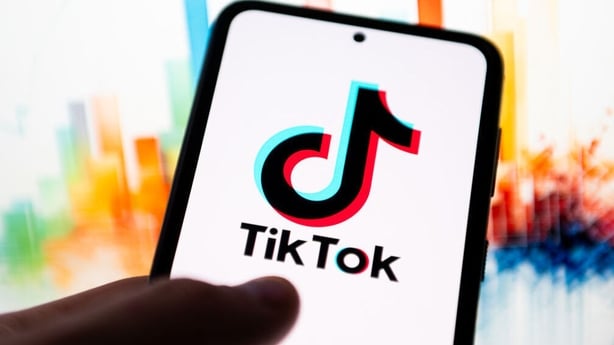
Ireland is playing a central role in the company’s efforts to address concerns over data security.
A plan called “Project Clover” involves European user information being stored at two data centres in Dublin and at a third centre in Norway.
The year ahead
Amid ongoing global uncertainty, there are concerns that we have not seen the end of tech job losses.
According to the latest ManpowerGroup Employment Outlook Survey, businesses in the IT industry expect to let go more staff than they hire for the first time since 2020, with hiring optimism declining in response to slower than expected growth.
In the coming months, Coimisiún na Meán will finalise its online safety code and will officially take on its responsibilities under the EU’s Digital Services Act. A busy year lies ahead – elections on both sides of the Atlantic in 2024 means the policing of disinformation will be more important than ever.
It comes amid growing concerns about how AI might be used for political interference with “deep fake videos” and generated images becoming harder and harder to spot.
Whether it is new regulations, AI advances or job cuts, 2024 will no doubt be another busy year and, given this country’s unique position in the tech world, Ireland will once again be at the centre of those dramatic developments.

